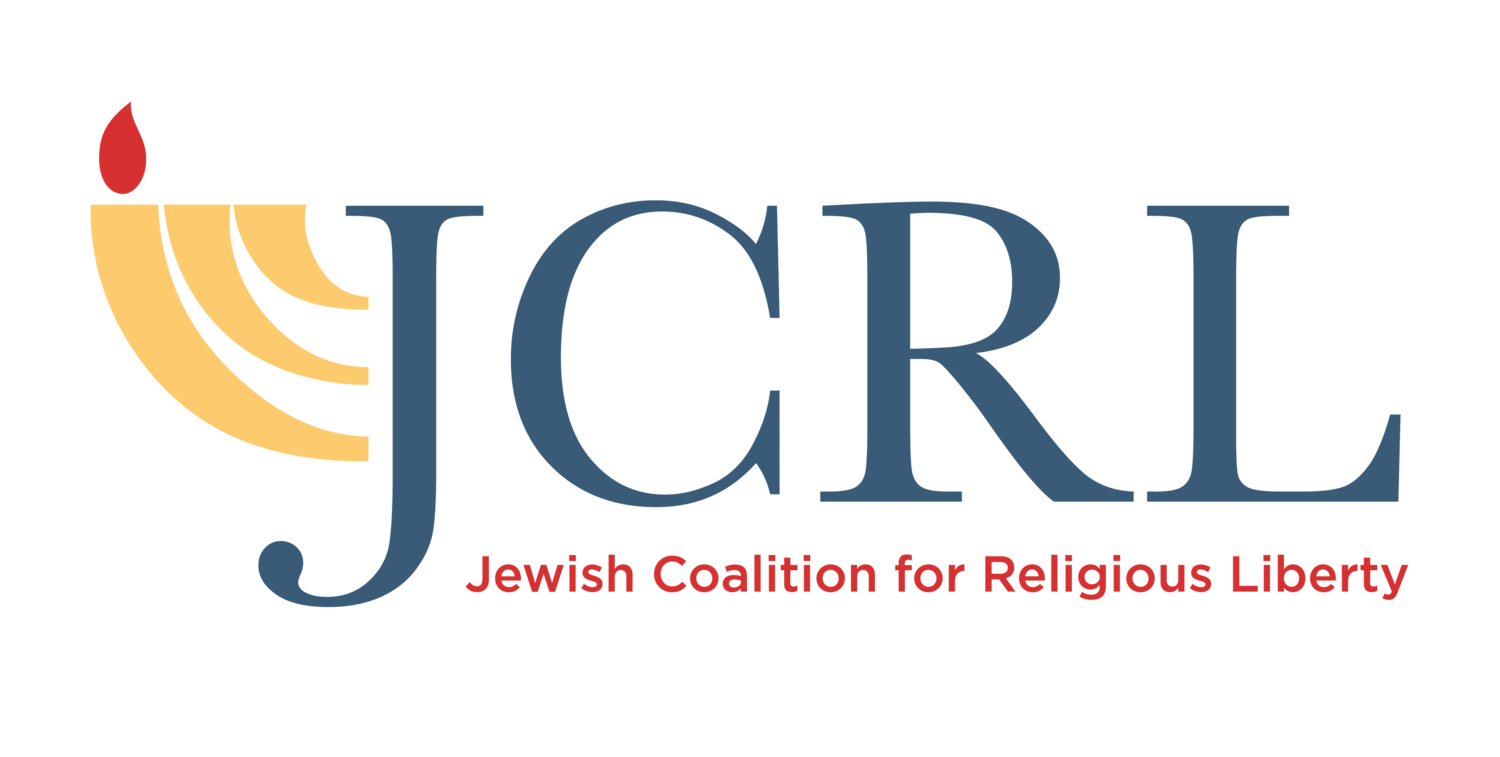Harvest Family Church v. Federal Emergency Management Agency
Hurricane Harvey wreaked havoc in Texas and Louisiana in the summer of 2017, leaving behind over $125 billion in damage. Three Houston churches clearly damaged in the storm applied to the Federal Emergency Management Agency (FEMA) for disaster relief but were denied assistance because FEMA regulations prohibited the disbursement of aid to any institution which utilized over 50% of its space for religious activities. The affected churches sued for a preliminary injunction that would exempt them from FEMA’s policy, which discriminated against religious institutions solely due to their religion.
Jews For Religious Liberty submitted an amicus brief in the case, showing that FEMA’s policy of denying hurricane relief to religious organizations because of their religious affiliation or practice is unconstitutional under the First Amendment. Our brief represented Congregation Torah VaChesed, a Jewish congregation 400 people strong which had also suffered greatly in the Houston flooding. We illustrated that the need for equal access to FEMA disaster aid funding deeply affects the Jewish community as well, and that FEMA’s policy impermissibly discriminates against Jews solely because their activities are Jewish in character. The entire Houstonian Jewish community was disproportionately affected by the storms, included flooded homes, community centers, and synagogues. Despite these difficulties, Jewish communal institutions started mobilizing quickly to offer aid to fellow Houstonians affected by the flood, Jew or non-Jew alike. However, despite their vital role in dispensing aid on the ground, any facility “established” for a Jewish purpose or “primarily” for Jewish “activities” was denied federal aid funding. This policy hinders both the free exercise of religion, denying aid to faith-associated institutions and incentivizing applicants to hide or diminish their religious practice or affiliation in the public sphere. The policy also puts government in the position of whether institutions are sufficiently Jewish, impermissibly entangling the government in religious affairs.
The full brief is available for download here.
